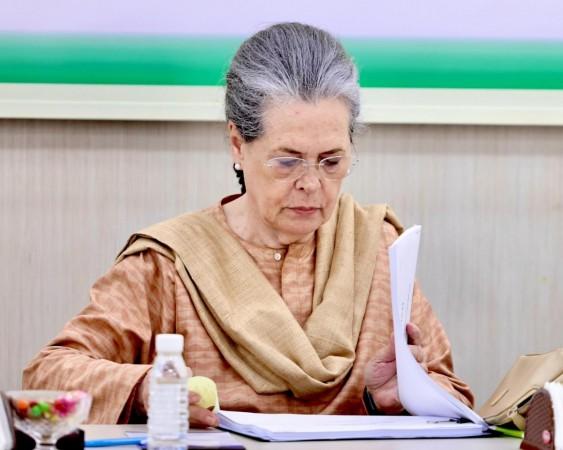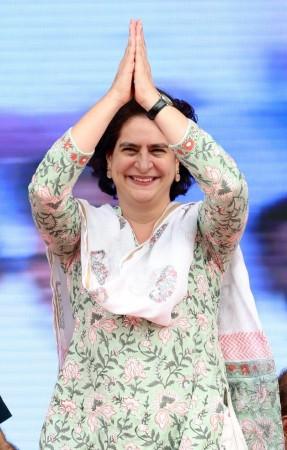
Former Congress president Sonia Gandhi's scathing attack on Prime Minister Narendra Modi and the Bharatiya Janata Party (BJP) underscores the heightened political tensions in India ahead of the upcoming Lok Sabha elections. In her address at a rally in Jaipur, Sonia Gandhi accused the ruling party of jeopardizing the country's democratic institutions and orchestrating a campaign to subvert the Constitution.
Sonia Gandhi's criticism extends beyond mere political rhetoric, as she directly accuses the Modi government of exacerbating unemployment, inflation, inequality, and social injustices during its tenure. By framing the BJP's actions as a threat to democracy and national integrity, Sonia Gandhi seeks to mobilize public sentiment against the incumbent regime.
The timing of Sonia Gandhi's remarks, made during the launch of the Congress party's election manifesto 'Nyay Patra', underscores the strategic importance of this moment in shaping the electoral narrative. By highlighting the party's policy agenda, particularly its focus on 'Paanch Nyay' (five pillars of justice), the Congress aims to position itself as a champion of social justice and economic equity.
Furthermore, Sonia Gandhi's allegations of the BJP coercing opposition leaders to defect to their ranks adds another dimension to the ongoing political strife. This accusation not only reflects the Congress party's concerns about its own stability but also underscores broader anxieties about the erosion of political pluralism under the current regime.
The participation of other prominent Congress leaders, including Mallikarjun Kharge and Priyanka Gandhi, in the rally underscores the party's unity in confronting the BJP's political hegemony. Priyanka Gandhi's reference to the arrests of opposition figures like Arvind Kejriwal and Hemant Soren serves to galvanize support by portraying the BJP as intolerant of dissent.

The Congress party's manifesto, with its emphasis on socioeconomic justice and progressive policies, seeks to offer a clear alternative to the BJP's governance model. Promises such as a legal guarantee for minimum support prices (MSP), a national minimum wage, and constitutional amendments to address social inequalities are designed to appeal to a broad spectrum of voters, particularly marginalized communities.
In conclusion, Sonia Gandhi's critique of the BJP's actions and policies reflects a broader narrative of opposition discontent with the current political landscape in India. As the election campaign intensifies, the clash of ideologies and visions for the country's future will likely dominate public discourse, shaping the outcome of the upcoming polls.









